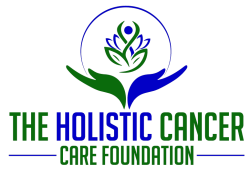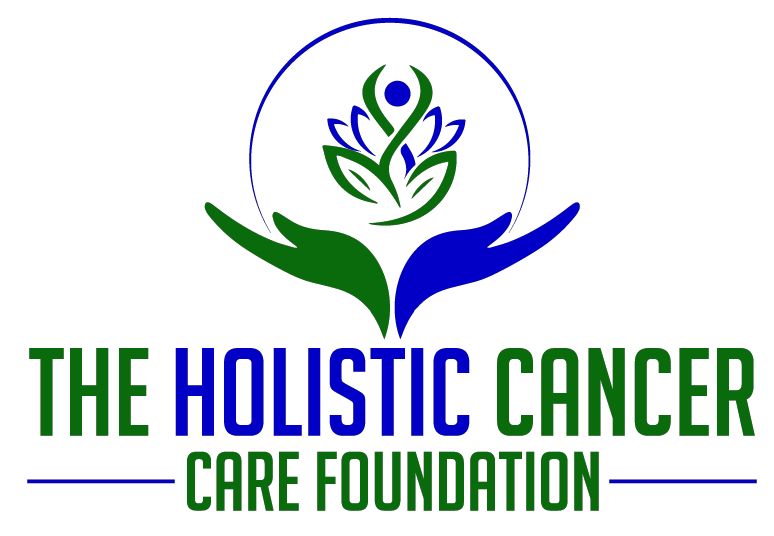By Ty Bollinger
August 7, 2024
Share on X

Epigenetics, the study of how our genes can be switched on or off without changing the DNA itself, has completely changed how we understand the interplay between our environment, lifestyle, and genetics. According to researchers, the vast majority of cancer cases can be traced to what are called “epigenetic factors.” If your DNA is your unique “blueprint” for health, then epigenetics is the architect that brings that blueprint to life. This also means that although a person may have a genetic predisposition for a particular disease, it will not express itself unless the right conditions occur for it to do so. This groundbreaking field shows that the choices we make every day can greatly impact our genes, influencing our risk for chronic diseases and our overall health.
The Importance of Diet
The foods we consume can profoundly alter our epigenetic marks, thereby affecting gene expression in various ways. Research has demonstrated the significant impact of dietary components on our genetic makeup. For instance:
- Folate: Found abundantly in leafy greens, folate can modify histone marks, which are critical for gene silencing. In a 2019 study, the authors concluded that “the folate cycle represents a “perfect model” of how genetics influences epigenetics.” There is increasing evidence that epigenetic dysregulation contributes to neurodevelopmental disorders. In humans, folate is a primary source of the methyl group necessary for producing S-adenosylmethionine, which is essential for DNA and histone methylation, both crucial processes in neurodevelopment.
- Curcumin: Curcumin is an ingredient (polyphenol) that comes from turmeric (a root). Curcumin has shown remarkable abilities in modulating epigenetic regulators. According to a 2019 study published in Frontiers in Genetics, curcumin can suppress cancer cell growth by influencing various epigenetic pathways, suggesting its potential as a powerful dietary intervention in cancer prevention. In another 2019 study, the authors stated that curcumin is “famous for its potent anti-inflammatory, anti-oxidant, and anti-cancer properties, and has a great potential to act as an epigenetic modulator.” Due to these diverse health properties, curcumin helps combat arthritis, regulate blood sugar, aid in weight loss, promote wound healing, and protect against Alzheimer’s disease.
- Sulforaphane: This compound is found in cruciferous vegetables like broccoli and Brussels sprouts. According to recent research, sulforaphane exhibits potent anti-inflammatory, antioxidant, and anti-cancer properties. It works by activating the Nrf2 pathway, which enhances the body’s defense mechanisms against oxidative stress and inflammation. Research has also shown that sulforaphane can influence DNA methylation, a crucial epigenetic mechanism, to enhance the expression of tumor suppressor genes. This can lead to reduced cancer risk, as detailed in a 2015 study published in the International Journal of Molecular Sciences. Additionally, sulforaphane promotes detoxification processes and has been linked to improved cardiovascular health and neuroprotection, making it a valuable dietary component for preventing and managing various chronic diseases.
- Resveratrol: Present in grapes, berries, and red wine, resveratrol has been found to affect histone acetylation, another key epigenetic process. According to recent research, resveratrol exhibits strong antioxidant and anti-inflammatory properties, which contribute to its ability to combat oxidative stress and reduce inflammation. It has been shown to activate the SIRT1 gene, which is associated with longevity and enhanced metabolic function. Resveratrol’s benefits extend to cardiovascular health, where it helps lower blood pressure, improve endothelial function, and reduce the risk of heart disease. Additionally, it supports neuroprotection, potentially lowering the risk of neurodegenerative diseases such as Alzheimer’s, and has anti-cancer properties. In studies published in the March 2004 Anticancer Research, resveratrol and curcumin impeded tumor cell growth and induced apoptosis in neuroblastomas (brain cancer) by activating the p53 gene pathway.
What About Stress?
Chronic stress is a powerful driver of epigenetic changes, which can increase our vulnerability to various diseases. When the body experiences prolonged stress, it triggers the release of cortisol, a hormone that can significantly alter DNA methylation patterns. This process impacts genes involved in immune responses, potentially leading to weakened immune function. It’s crucial to understand the impact of stress on DNA methylation, as it underscores the need for stress management in disease prevention. For instance, research has illustrated how elevated cortisol levels due to chronic stress can disrupt normal DNA methylation, ultimately compromising the body’s ability to fend off illnesses.
On a more hopeful note, practices such as meditation and mindfulness have been found to positively influence these stress-induced epigenetic changes. Research suggests that regularly practicing these techniques can help counteract some of the negative effects of stress and might even serve as natural alternatives to medications for managing stress and psychological issues. By embracing these healthy habits, individuals have the potential to reduce the harmful effects of stress and enhance their overall well-being.
Exercise is Important
Regular physical activity plays a significant role in shaping our epigenetic landscape and boosting overall health. When we exercise, our muscles release signaling proteins known as myokines. These proteins influence our gene expression by modifying histone marks, which are critical for regulating gene activity. Research shows that these exercise-induced changes enhance muscle growth and improve metabolism. This means that regular physical activity not only strengthens our muscles but also triggers beneficial epigenetic changes that support better metabolic health and muscle function.
Engaging in aerobic activities like running, swimming, or cycling can lead to important changes in our DNA methylation patterns. These changes are essential for maintaining cardiovascular health. A 2021 study demonstrated that aerobic exercise positively affects these epigenetic markers, leading to improved heart health. By incorporating regular aerobic exercise into our routines, we can effectively alter our DNA’s methylation patterns to promote a healthier heart and reduce the risk of cardiovascular issues.
Sound Sleep is Crucial
The quality and duration of our sleep play a crucial role in shaping our epigenetic marks, which in turn affect our overall health. When we experience sleep deprivation, it can disrupt DNA methylation processes, particularly impacting genes related to inflammation. Research published in Frontiers in Neural Circuits (2018) demonstrated that insufficient sleep is associated with negative epigenetic changes, which can elevate the risk of developing chronic diseases. Disruptions in sleep patterns, such as those caused by insomnia or irregular sleep schedules, can lead to long-term epigenetic changes that increase the risk of conditions like cardiovascular disease, obesity, and diabetes.
Conversely, sufficient and high-quality sleep supports epigenetic homeostasis, promoting a balanced epigenetic profile that benefits overall health. Adequate sleep helps regulate genes involved in metabolic processes, immune function, and stress responses. A 2016 study highlighted that good sleep hygiene is associated with more stable and favorable epigenetic markers, contributing to reduced disease risk and improved resilience against stress and inflammation.
Conclusion
In conclusion, the epigenetic revolution underscores the dynamic interplay between lifestyle choices and gene expression. By integrating this knowledge into our daily lives, we can make informed choices that not only optimize our immediate health but also contribute to long-term wellness. That is what we attempt to do here at the Bollinger house, and we hope you’ll do the same.




